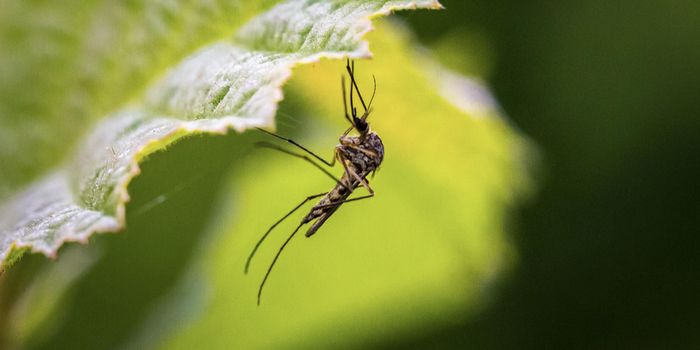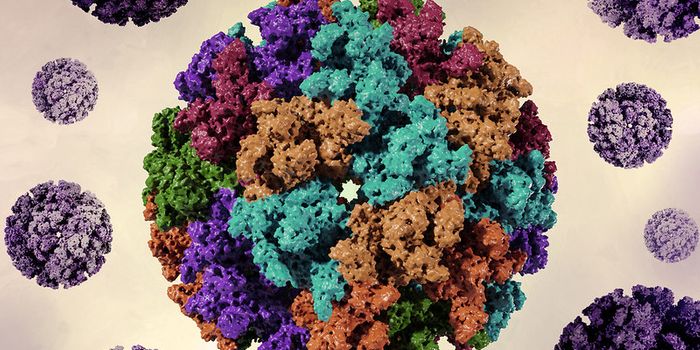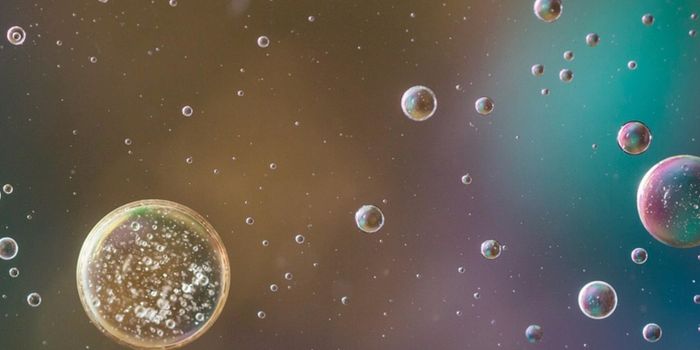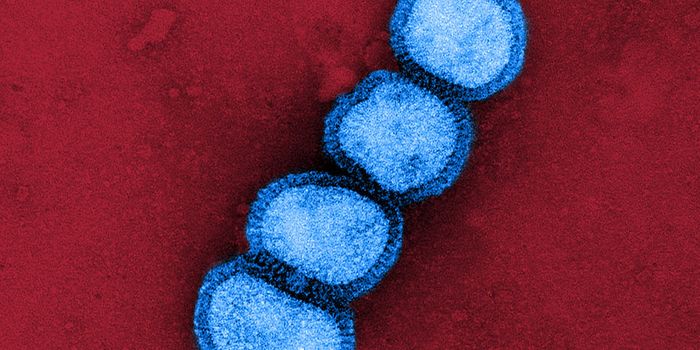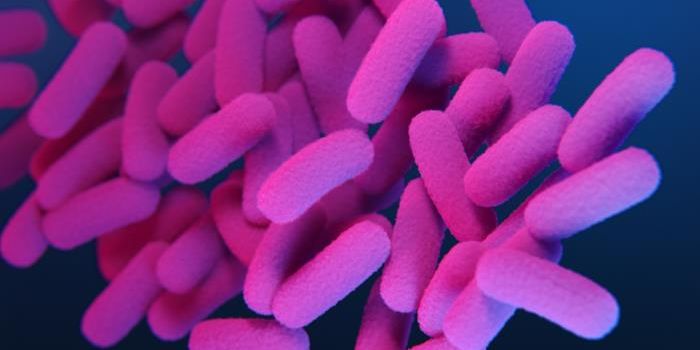Rare Microbes Make a Critical Contribution to the Environment
New work published in Applied and Environmental Microbiology suggests that bacteria present at very small levels in the environment actually make a vital contribution to the health and stability of that environment. This research concerns microbes that don’t usually account for more than a tenth of a percent of the bacteria in the whole population. "The work aims to provide a fundamental understanding of how biodiversity contributes to ecosystem functioning," said the corresponding author of the work, Kostas Konstantinidis, PhD.
In the environment at large, these are low levels, but in individual communities there may be hundreds of them, actually therefore, composing 20 to 30 percent of specific bacteria in an aquatic group.
Termed the rare biosphere, these uncommon species were found to harbor large amounts of genes capable of allowing for organic pollutant degredation. The abilities conferred by those microbes may be helping the entire microbial population remain stable in the face of environmental pressures and alterations. The investigators, a team from Georgia Institute of Technology, Atlanta, wanted to test this idea, so they created mesocosms, or laboratory environments, made up of 20 liters of water. These reservoirs were then inoculated with water samples taken from a local freshwater source, Lake Lanier. An illustrative example of a mesocosm is shown in the video above.
Three common organic chemicals, not present in the samples they took from the lake, were then dribbled into the mesocosms. The scientists wanted ot ensure that the microbes had not be acclimated to the presence of those pollutants in order to reveal as much as possible about the microbes’ abilities. "Also, the important environmental pollutants are generally at low concentration in most natural environments, similar to the organic compounds used here--except during major events such as oil spills" said Konstantinidis, the Carlton S. Wilder Associate Professor in the School of Civil & Environmental Engineering at Georgia Tech.
The pollutants used included 2,4-dichlorophenoxyacetic acid (2,4-D), a common herbicide that is a known endocrine disrupter and may be a carcinogen, according to the International Agency for Research on Cancer. The other compounds were caffeine (1,3,7-trimethyluric acid) and 4-nitrophenol (4-NP), used in fungicide production and one byproduct of pesticide breakdown.
"We chose these compounds because their biodegradation pathways and the underlying genes are known, which facilitated tracking which microbial populations encoded the proteins for the biodegradation of these organic compounds," explained Konstantinidis.
The researchers repeatedly assayed the bacterial levels in the mseocosms to find which ones grew more or grew less. "The results allowed us to rigorously test the hypothesis that low abundance species, as opposed to common species, provided the metabolic diversity that enabled the community to respond to the added compounds and the changing conditions," said Konstantinidis.
The goal of the work was to improve our predictions of how microbial communities might react to future disruptions from stuff like oil, pesticides, or climate change, said Konstantinidis. We may learn a lot more about how microbes contribute to the function and resilience of our ecosystem, and the possible consequences microbes face due to contaminant spills or climate change.
In this Tedx talk, speaker Duccio Cavalieri, Ph.D. explains why maintaining diversity among microbes is to everyone’s benefit.
Sources: AAAS/Eurekalert! via American Society for Microbiology, Applied and Environmental Microbiology


